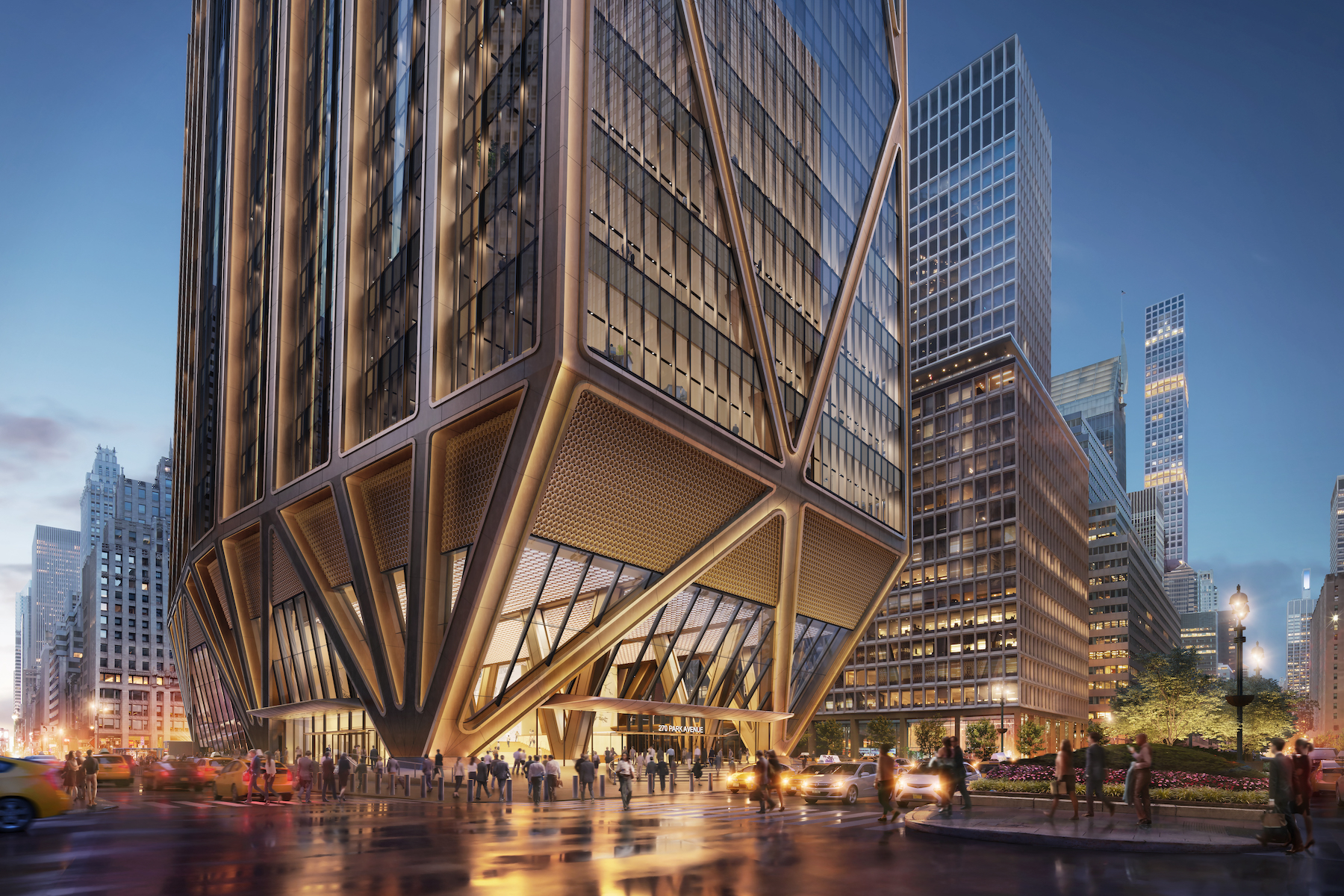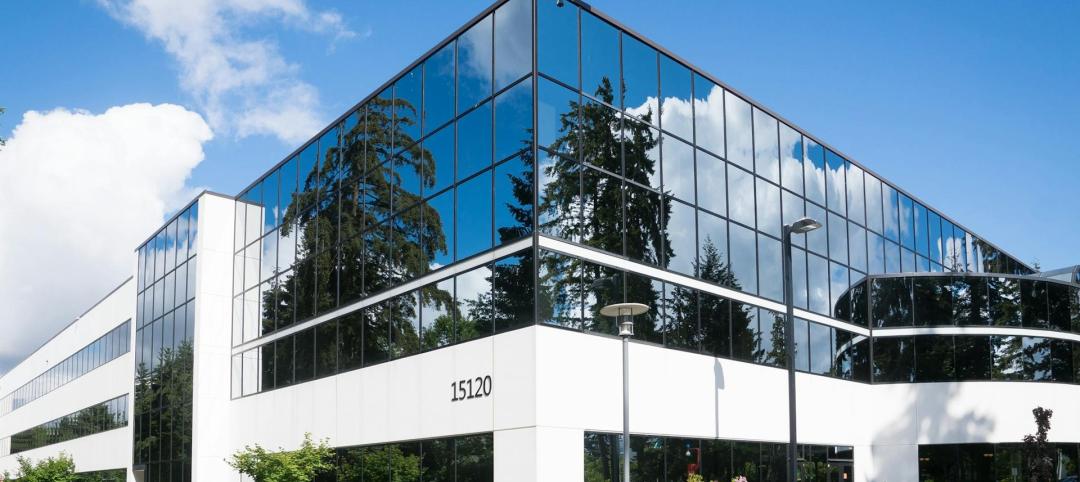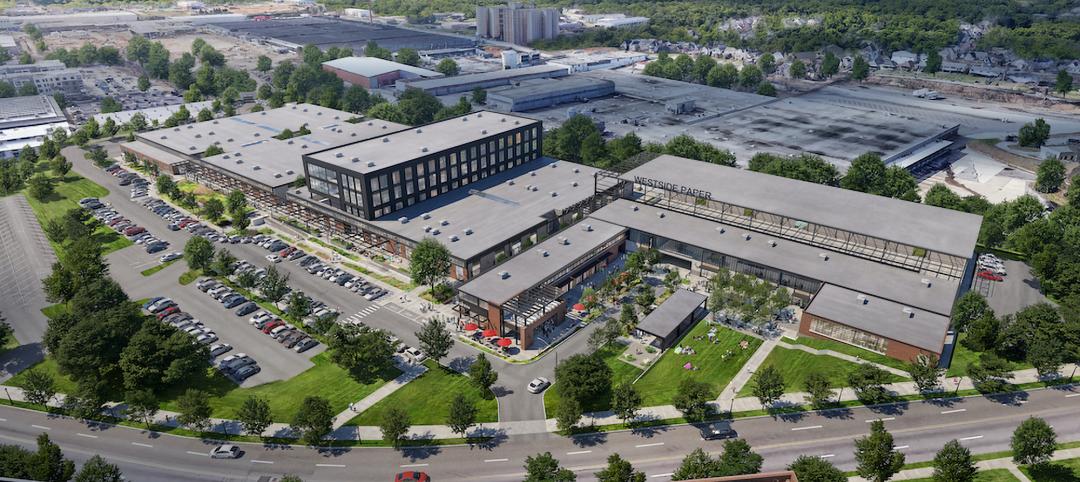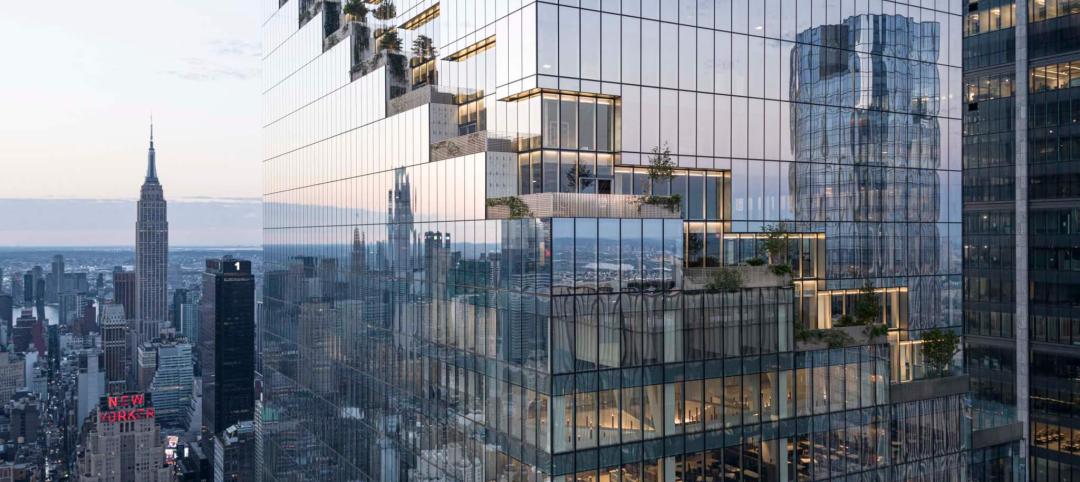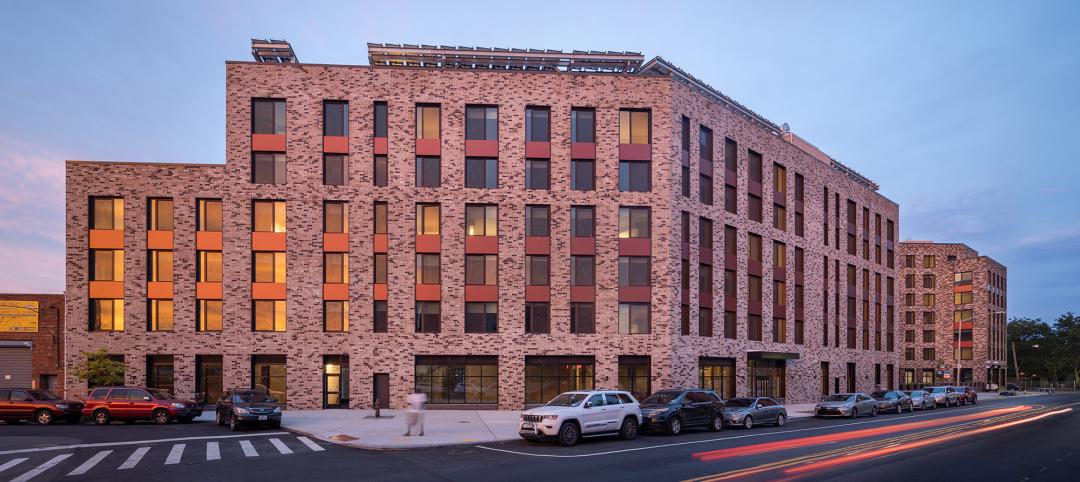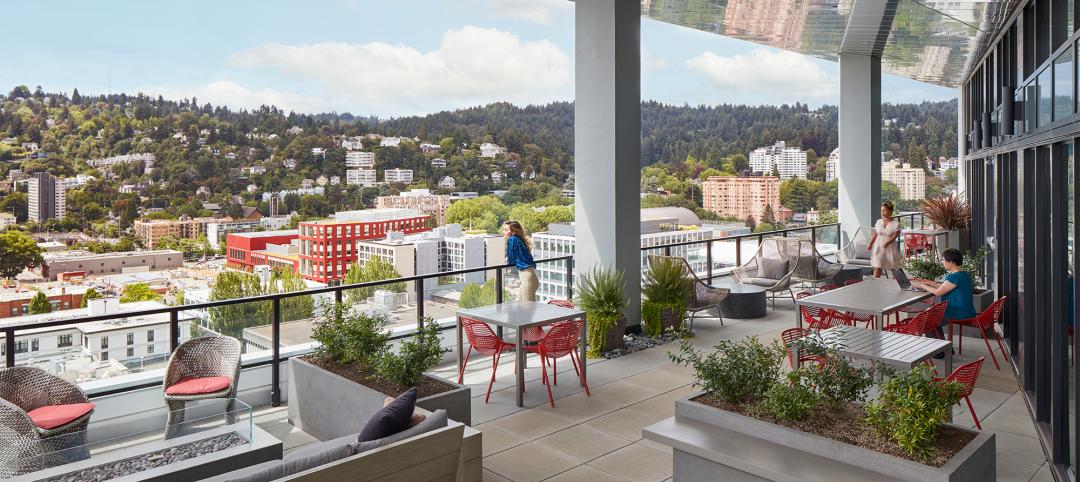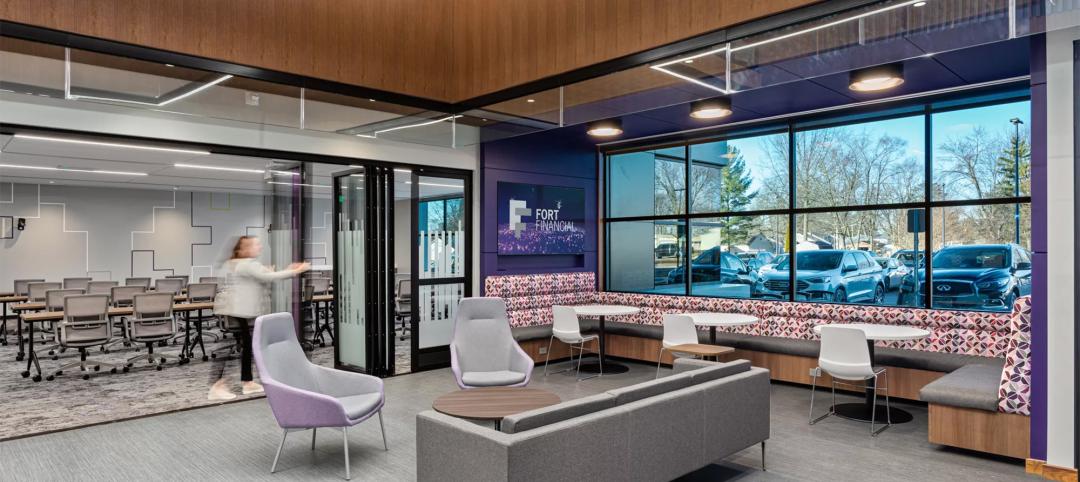JPMorgan Chase’s recently unveiled plans for its new global headquarters building in New York City that is rife with impressive sustainability credentials. The 1,388-foot, 60-story skyscraper will be a fully electric, net-zero operational emissions structure.
Designed by Foster + Partners, Chase’s headquarters at 270 Park Avenue will be New York City’s largest all-electric tower when completed by the end of 2025. It will have a capacity for up to 14,000 employees who will enjoy indoor air quality that exceeds the highest standards in sustainability, health, and wellness, according to a news release.
Using a state-of-the-art structural system to cope with site constraints below and at ground level, an innovative fan-column structure and triangular bracing will allow the building to touch the ground lightly across the entire block, the release says. The building will hover about 80 feet off the ground, extending the viewpoint from the Park Avenue entrance through to Madison Avenue. The property will feature an expansive public plaza with street-level green spaces.
Construction required that contractors thread the foundation of the new headquarters through Grand Central Station and the new Long Island Railroad Terminal below it. Inside, flexible column-free floor plates will allow for easily changeable layout and floor design, including inter-floor connections.
Designers strived for high health, wellness, and occupant comfort by:
- Doubling the amount of outside air and continuously monitoring air quality.
- Using advanced HVAC filtration systems to continually clean outdoor air while simultaneously cleaning recirculated air.
- Designing 50% more communal spaces and 25% more volume of space per person, giving more choices in where and how to work.
- Offering a state-of-the-art health and wellness center that will feature fitness areas, yoga/cycling rooms, physical therapy, medical services, modern mother’s rooms, and prayer and meditation spaces.
- Designing a large, modern food hall and a world-class conference center at the top of the tower.
- Creating a touchless journey for employees and visitors with more than 50,000 connected devices that will make it the most connected, data-driven high-rise building in New York City.
Environmentally friendly features include:
- Intelligent building technology that uses sensors, AI, and machine learning to predict and adapt to energy needs.
- Advanced water storage and reuse systems to reduce water use by more than 40%.
- Triple-pane glazing on the façade, and automatic solar shades connected to HVAC systems.
- Site will be 100% powered by renewable energy sourced from a New York State hydroelectric plant.
- The project recycled, reused, or upcycled 97% of the building materials from the demolition.
- Outdoor terraces featuring natural green space and plantings.
The project is the first under New York City’s Midtown East Rezoning plan that encourages modern office construction and improvements to the business district’s public realm and transportation system.
Owner and/or developer: JPMorgan Chase & Co.
Design architect: Foster + Partners
Architect of record: Adamson Associates
MEP engineer: Jaros, Baum & Bolles (JB&B)
Structural engineer: Severud Associates
General contractor/construction manager: Tishman Construction Company of New York
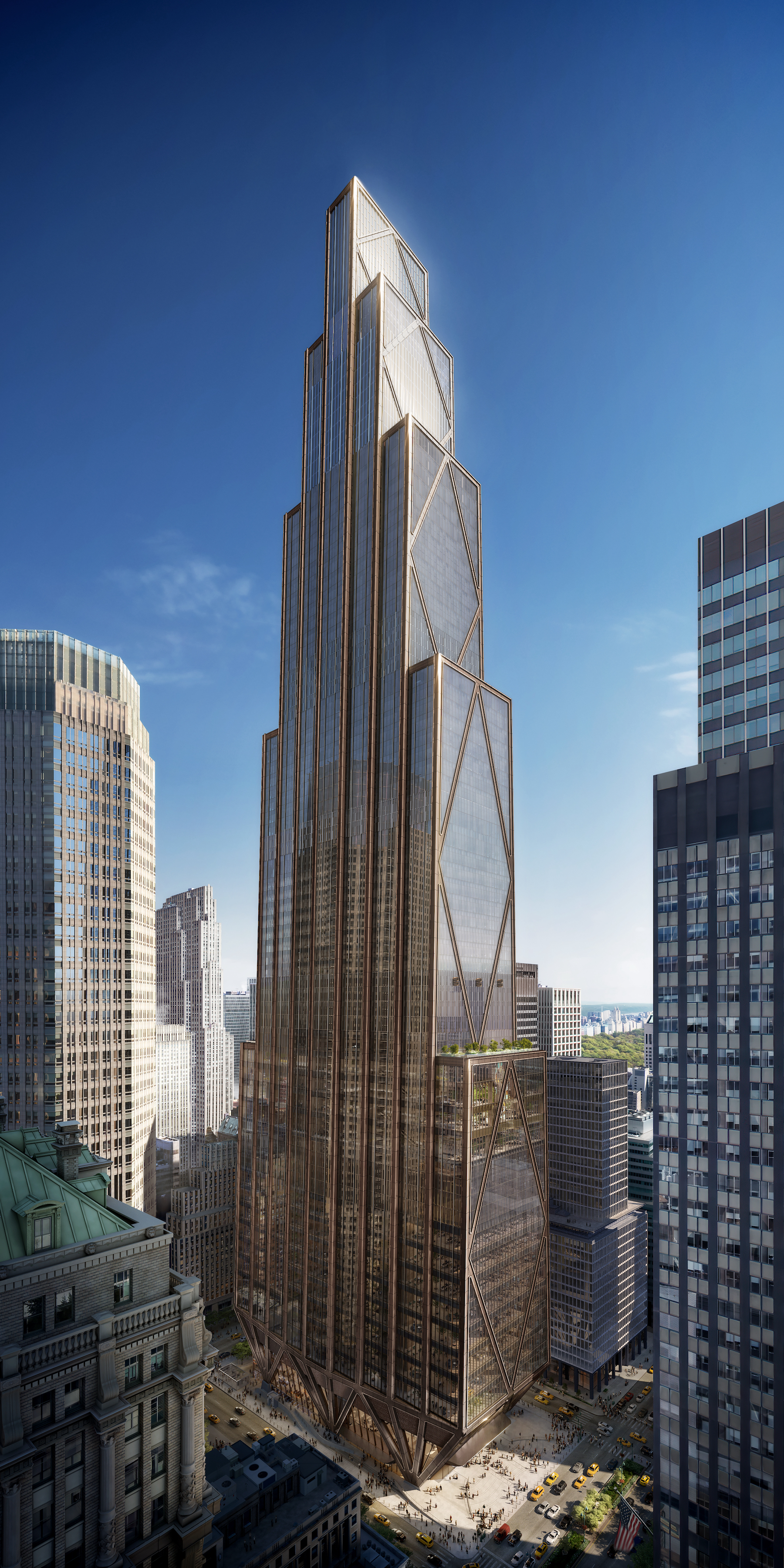
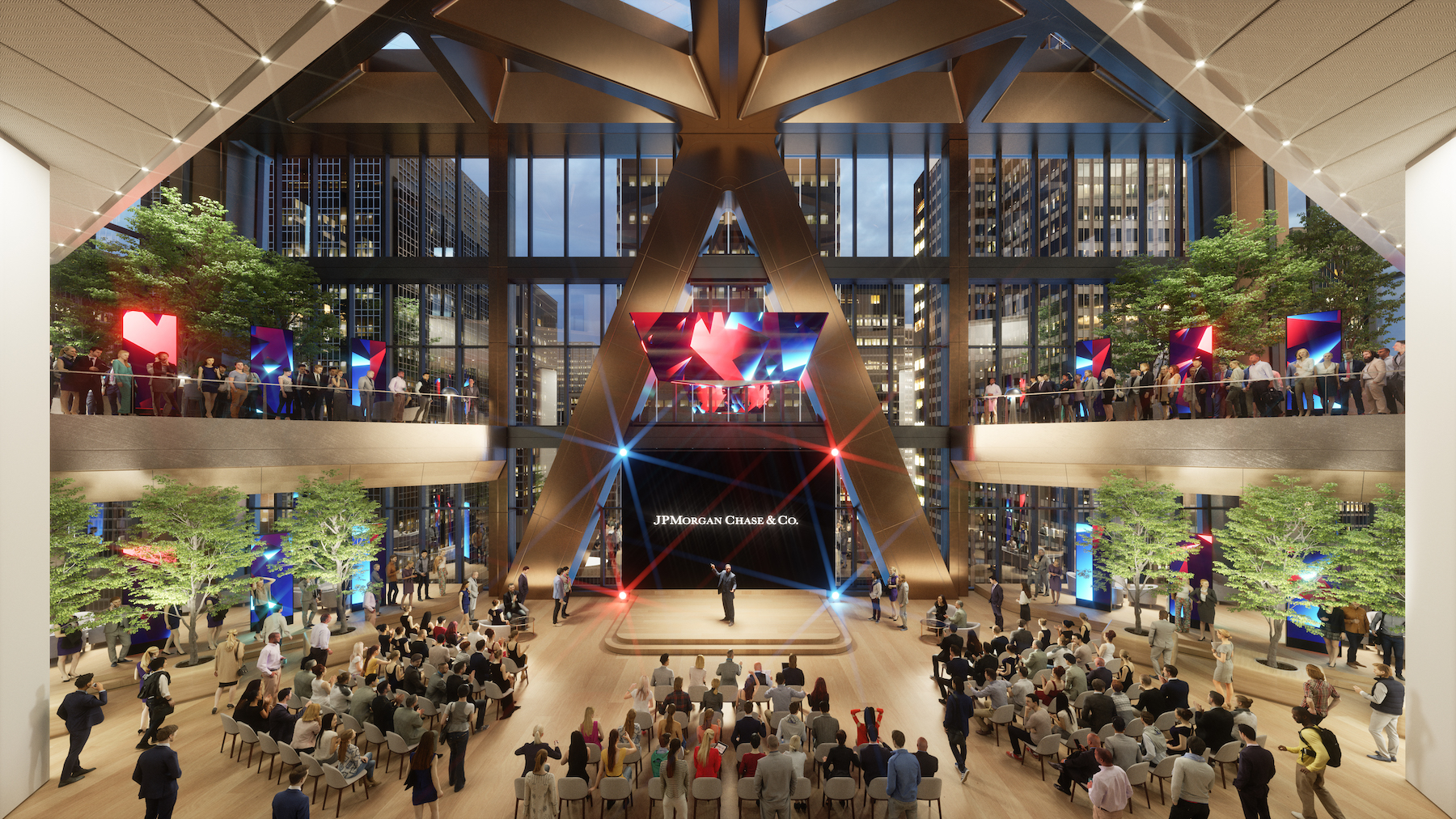
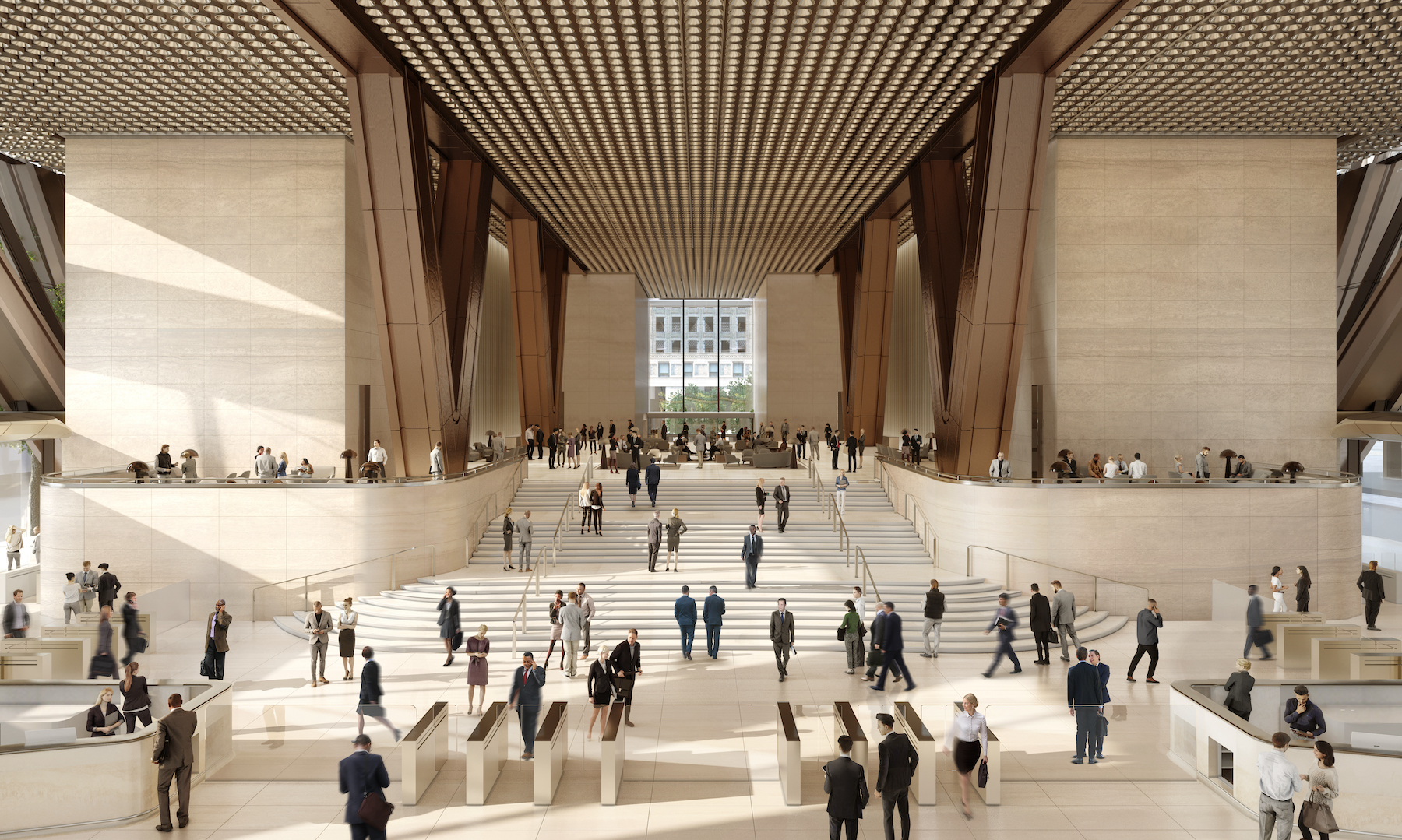
Related Stories
Giants 400 | Jan 23, 2024
Top 110 Medical Office Building Architecture Firms for 2023
SmithGroup, CannonDesign, E4H Environments for Health Architecture, and Perkins Eastman top BD+C's ranking of the nation's largest medical office building architecture and architecture engineering (AE) firms for 2023, as reported in the 2023 Giants 400 Report.
Office Buildings | Jan 19, 2024
How to strengthen office design as employees return to work
Adam James, AIA, Senior Architect, Design Collaborative, shares office design tips for the increasingly dynamic workplace.
Adaptive Reuse | Jan 18, 2024
Coca-Cola packaging warehouse transformed into mixed-use complex
The 250,000-sf structure is located along a now defunct railroad line that forms the footprint for the city’s multi-phase Beltline pedestrian/bike path that will eventually loop around the city.
Sponsored | BD+C University Course | Jan 17, 2024
Waterproofing deep foundations for new construction
This continuing education course, by Walter P Moore's Amos Chan, P.E., BECxP, CxA+BE, covers design considerations for below-grade waterproofing for new construction, the types of below-grade systems available, and specific concerns associated with waterproofing deep foundations.
Biophilic Design | Jan 16, 2024
New supertall Manhattan tower features wraparound green terraces
At 66 stories and 1,031.5 ft high, The Spiral is BIG’s first supertall building and first commercial high-rise in New York.
Sustainability | Jan 10, 2024
New passive house partnership allows lower cost financing for developers
The new partnership between PACE Equity and Phius allows commercial passive house projects to be automatically eligible for CIRRUS Low Carbon financing.
MFPRO+ Special Reports | Jan 4, 2024
Top 10 trends in multifamily rental housing
Demographic and economic shifts, along with work and lifestyle changes, have made apartment living preferable for a wider range of buyers and renters. These top 10 trends in multifamily housing come from BD+C's 2023 Multifamily Annual Report.
Green | Dec 18, 2023
Class B commercial properties gain more from LEED certification than Class A buildings
Class B office properties that are LEED certified command a greater relative benefit than LEED-certified Class A buildings, according to analysis from CBRE. The Class B LEED rent advantage over non-LEED is about three times larger than the premium earned by Class A LEED buildings.
Office Buildings | Dec 12, 2023
Transforming workplaces for employee mental health
Lauren Elliott, Director of Interior Design, Design Collaborative, shares practical tips and strategies for workplace renovation that prioritizes employee mental health.
Office Buildings | Dec 11, 2023
Believe it or not, there could be a shortage of office space in the years ahead
With work-from-home firmly established, many real estate analysts predict a dramatic reduction in office space leasing and plummeting property values. But the high-end of the office segment might actually be headed for a shortage, according to real estate intelligence company CoStar Group.


